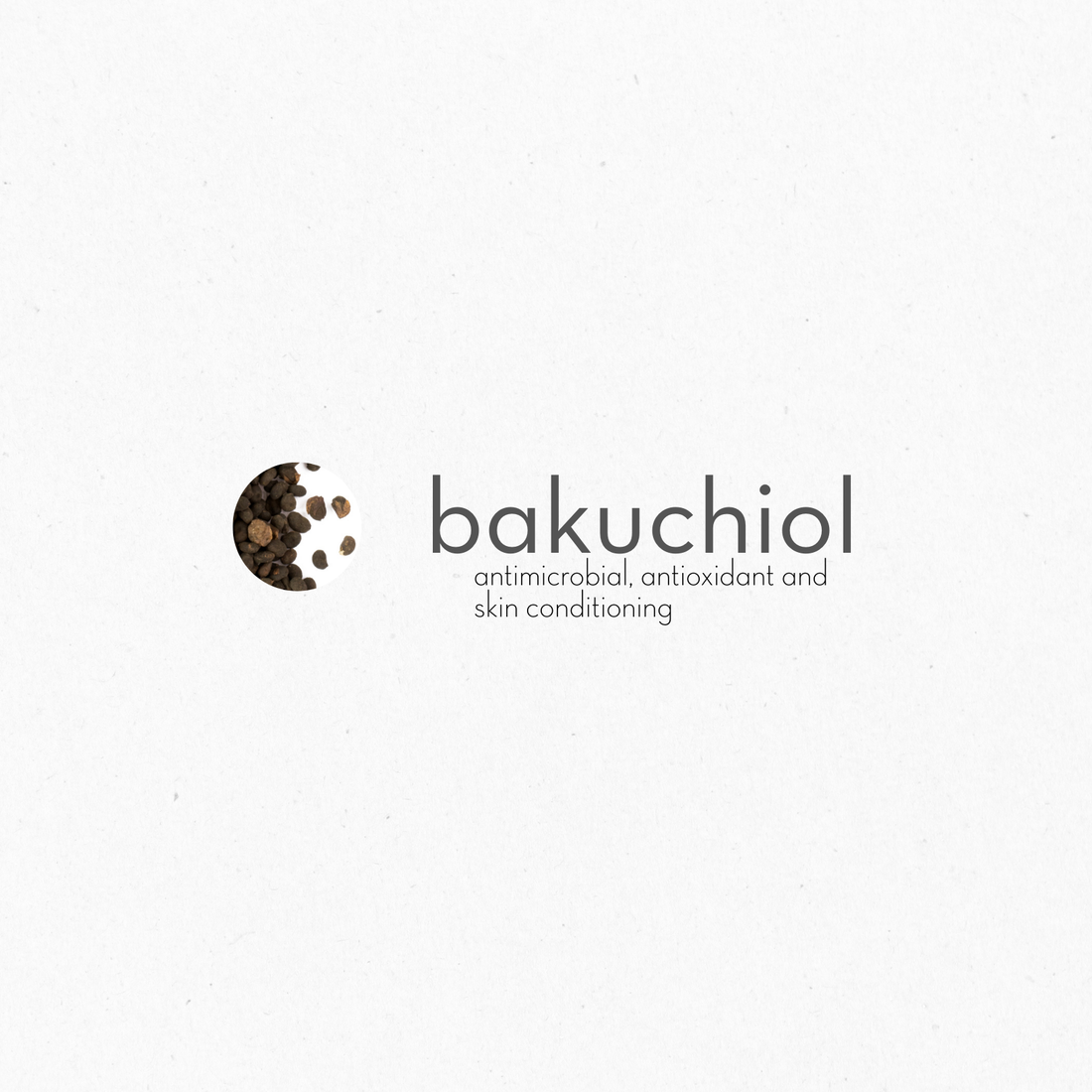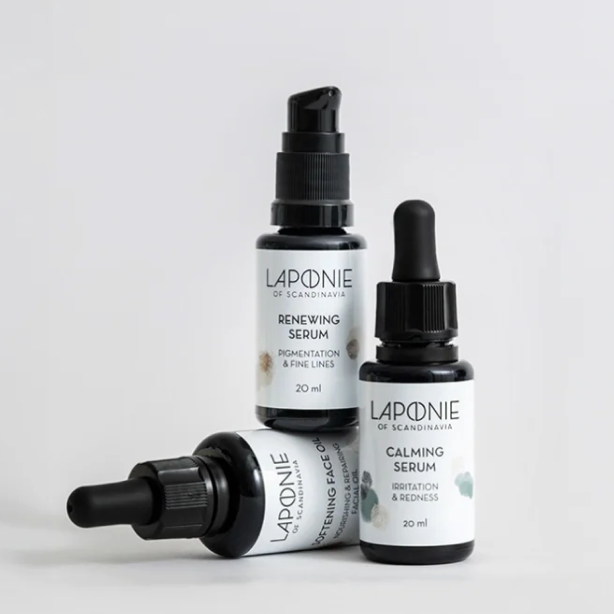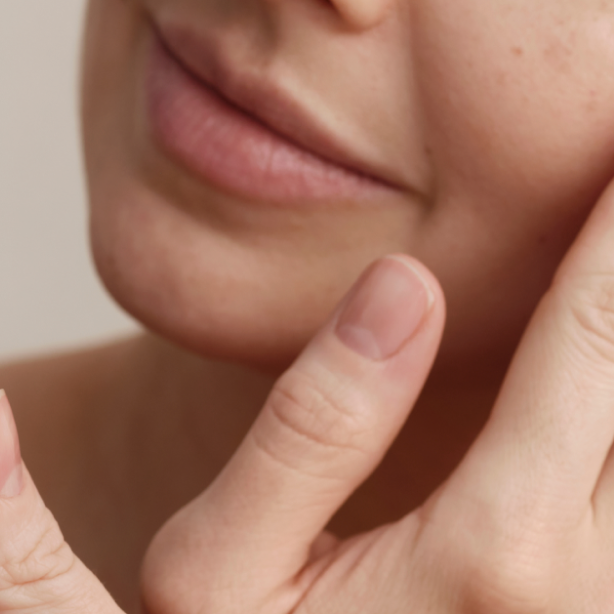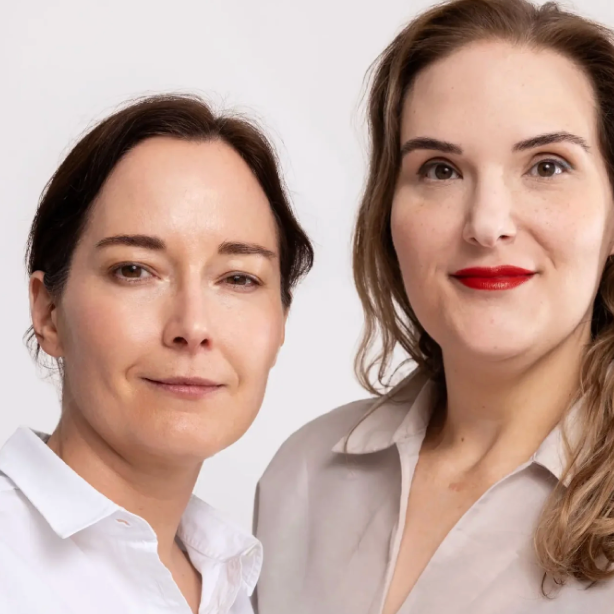
Bakuchiol is a derived from the seed of the psoralea corylifolia plant, also known as babchi. The babchi plant is used in Indian and Chinese traditional medicine, and is native to Indonesia and Sri Lanka. Bakuchiol as a skincare ingredient is classified as an antimicrobial, antioxidant and skinconditioning agent. It's oil-soluble, which means it has to be incorporated into a product containing oil.
Bakuchiol has become hugely popular in skincare for its retinol-like effects. In terms of efficacy, in clinical trials bakuchiol has been demonstrated to reduce hyperpigmentation, fine lines and acne as efficiently as (and sometimes even more than) retinoids, but with a better skin tolerance. This is good news for especially sensitive and reactive skin; topical retinoids are a fantastic and versatile add-on to most skincare routines but may be challenging to use due to irritation.
For hyperpigmentation and photo-aging, bakuchiol has been shown to inhibit melanin production and at 0,5% to improve elasticity, firmness and even skin tone. For acne, bakuchiol has been shown to be effective on four major pathophysiologic causes of acne, which makes it great on its own, but also as a complement to other anti-acne agents, especially exfoliating agents such as salicylic acid. In addition, bakuchiol has been proven to not affect TEWL (transepidermal water loss) which is crucial to skin health but especially for those with sensitive skin.
So, the key takeway for bakuchiol and sensitive and problem skin is results without irritation. Or as we are so very fond of saying: the ‘ooh!’ without the ‘gaah!’.
Finally, there has been abundant discussion on whether bakuchiol is sustainably harvested, and to make sure, we took one year off for the Renewing Serum. We even commissioned a bachelor's thesis on the subject – you’re welcome to read it here. Conclusion: bakuchiol is sustainably harvested and thus a choice we can live with.



